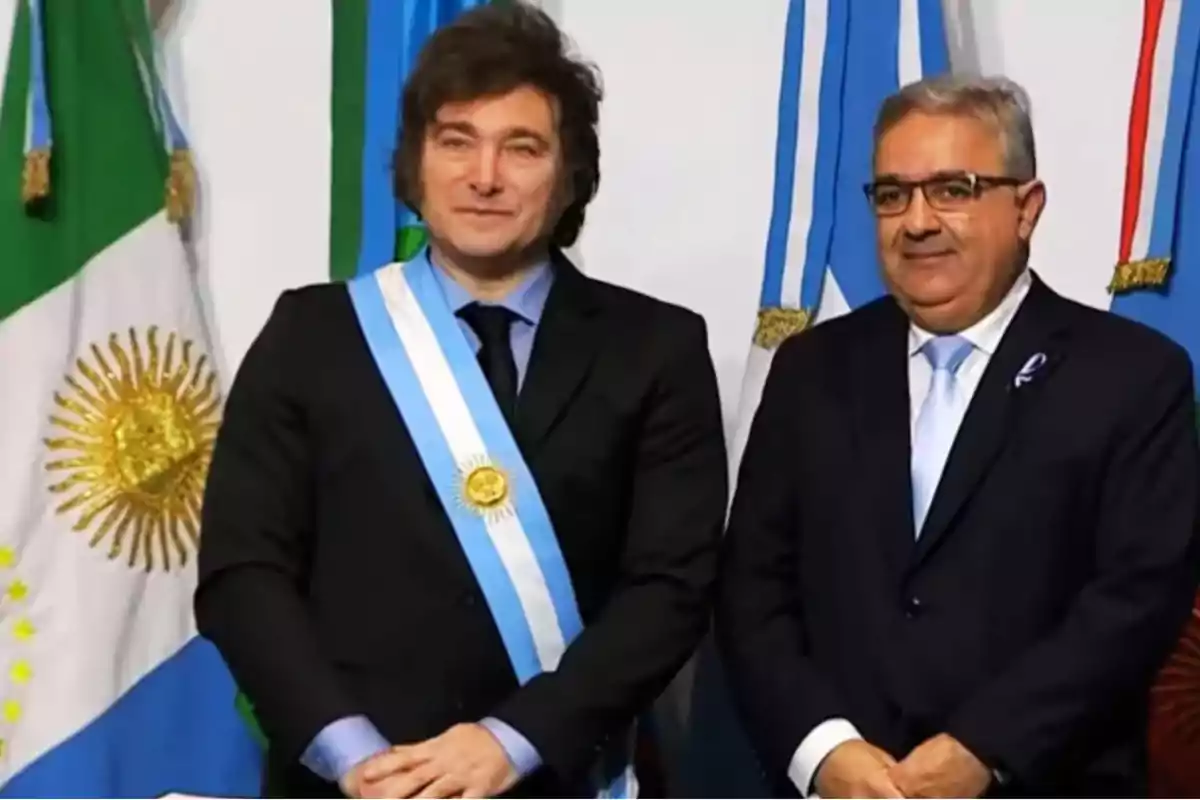
Pension reform: Jalil avoided quorum and defended the fiscal order promoted by Milei
Jalil positions himself as a responsible leader who prioritizes governance over demagoguery
In a key move to prevent the advancement of measures that would compromise the fiscal balance of the national government, the governor of Catamarca, Raúl Jalil, distanced himself from Kirchnerism and refused to provide a quorum in the session convened by the opposition to address a package of pension initiatives.
With this decision, Jalil positions himself as a responsible leader who prioritizes governance over demagoguery.
A halt to pension populism
The session, which was declared void at 12:31 by the president of the Chamber, Martín Menem, did not reach the minimum of 129 deputies present. With only 124 legislators in the chamber, the opposition's attempt to advance with an increase in pension benefits and the reinstatement of the pension moratorium was thwarted.
The absence of several legislators was due to the intervention of governors who, in a gesture of institutional maturity, avoided endorsing a proposal that would jeopardize economic sustainability. Raúl Jalil was one of the main actors in this move. In a clear sign of independence from Kirchnerism, Jalil instructed deputies Fernanda Ávila and Dante López Rodríguez not to participate in the opposition's attempt.
A gesture aligned with Milei's economic stabilization
Jalil's decision is especially significant in the current context, where President Javier Milei is promoting a macroeconomic order based on fiscal balance and responsibility in public spending. The silent but firm support of governors like Jalil for this strategy is essential to preserve the recovery path and avoid deviations with electoral overtones.
Parliamentary sources acknowledged that there were calls from the Casa Rosada to the governors to avoid the session, but the final decision was based on each one's political judgment. In the case of Catamarca, Jalil opted for a conduct consistent with stability, avoiding yielding to internal pressures from a Peronism that has yet to organize its opposition role.
The Congress, a stage for internal conflicts and maneuvers
The frustrated session not only addressed the increase in pensions but also the appointment of new auditors for the AGN, the handling of the emergency due to storms, and other points that were left in suspense. Miguel Pichetto himself criticized the lack of leadership in Peronism, alluding to the internal confusion that prevented the articulation of a solid opposition.
Jalil, like other provincial leaders such as Gerardo Zamora and Martín Llaryora, chose to preserve institutional integrity rather than join a political operation that sought to destabilize the national government with fiscally unviable proposals.
More posts: